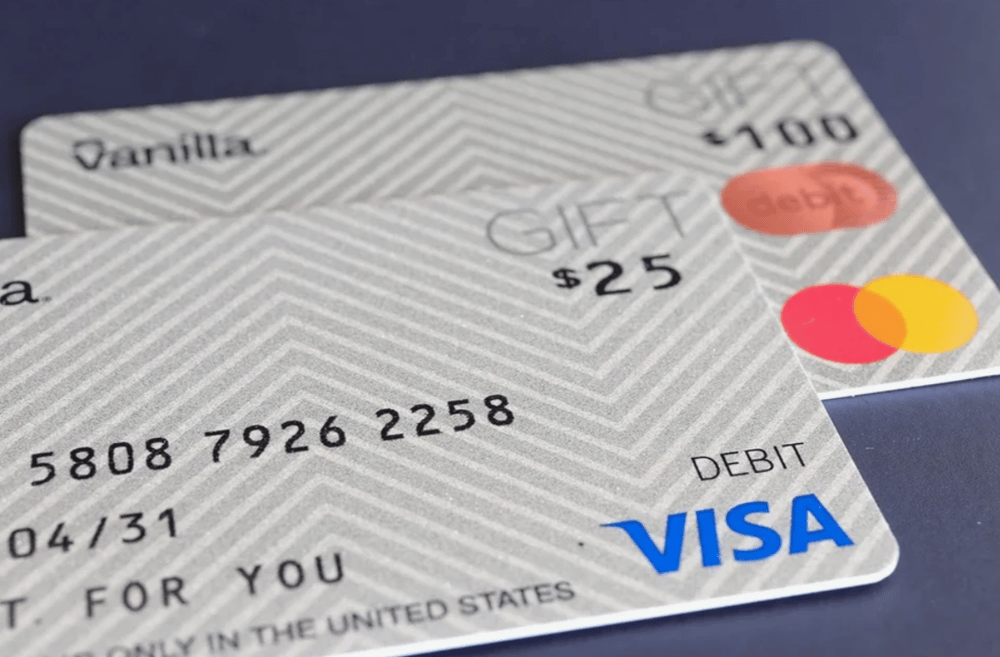Visa Escapes Class Action Over Vanilla Gift Card Fraud Amid Consumer Security Concerns
Visa Inc. $V, the world's largest card payment network, has successfully fended off a proposed class action lawsuit filed by U.S. consumers who alleged that the company failed to disclose the vulnerability of its Vanilla-branded prepaid gift cards to theft and fraud. The ruling, delivered by U.S. District Judge Gregory Woods in Manhattan, marks a significant legal win for the payments giant in a growing wave of litigation targeting digital and card-based financial services.
The plaintiffs argued that Visa’s branding on the cards misled users into believing the products were inherently secure or that Visa had implied responsibilities to prevent fraud or reimburse victims. However, the court rejected this interpretation, asserting that no reasonable consumer could assume that Visa’s logo equates to an implied fraud protection guarantee.
Judicial Reasoning and Industry Implications
The court’s decision centered on the scope of Visa’s liability, as well as the expectations placed on consumers purchasing prepaid financial instruments. Judge Woods concluded that consumers cannot presume immunity from fraud merely due to branding, especially in products where no personal identification or account registration is required—a key feature of Vanilla cards.
This decision draws a clearer line between network branding and fraud liability, reinforcing the legal distinction between payment processors and product issuers in the evolving fintech ecosystem. It also highlights the limitations of consumer protections in non-reloadable, anonymous prepaid instruments, which often fall outside the scope of federal regulations like Regulation E under the Electronic Fund Transfer Act (EFTA).
From a broader industry standpoint, the ruling is likely to influence how financial services firms market and disclose risk for prepaid or semi-anonymous payment solutions. It also reaffirms a judicial trend of limiting brand-based liability in cases where user expectations exceed disclosed product capabilities.

Case Summary: Key Facts
Company Involved: Visa Inc.
Product: Vanilla prepaid gift cards
Court: U.S. District Court, Southern District of New York
Judge: Gregory H. Woods
Allegation: Misleading branding and failure to warn of theft risks
Ruling: Lawsuit dismissed; Visa not liable for consumer losses
Legal Basis: No implied fraud protection from Visa branding
Market Reaction and Commentary from Legal Experts
The market reacted neutrally to the ruling, as Visa’s stock remained stable during post-decision trading. Analysts interpret the ruling as a contained legal issue rather than a broad reputational risk. However, the case draws renewed attention to consumer expectations around digital payment security, especially for prepaid instruments that are often given as gifts and used by vulnerable demographics.
Legal scholars note that while the court’s interpretation aligns with existing liability standards, it raises policy questions about transparency in financial products and whether regulators such as the Consumer Financial Protection Bureau (CFPB) should revisit rules around prepaid card disclosures and loss protections.
There’s also growing discussion in legal circles about whether courts should hold payment networks more accountable in cases where systemic fraud involving widely distributed products may erode consumer trust across the industry.

Key Takeaways from the Ruling
Visa Not Liable for Fraud Losses: The court found no obligation from Visa to reimburse users of stolen Vanilla gift cards.
Branding ≠ Fraud Protection: Visa’s logo does not constitute a guarantee against misuse or theft.
Prepaid Cards Remain Legally Vulnerable: Anonymous, non-reloadable cards lack federal fraud protections afforded to bank accounts.
Disclosure Obligations Highlighted: Ruling reinforces the importance of clear consumer-facing disclosures.
Regulatory Review Possible: CFPB may consider policy updates amid increased scrutiny of prepaid financial tools.
Legal Precedent with Industry-Wide Repercussions
The dismissal of the class action against Visa over its Vanilla prepaid gift cards reinforces the limited legal responsibilities that payment networks hold when it comes to third-party issued prepaid instruments. While the ruling offers clarity for Visa and similar firms, it also underscores growing friction between consumer expectations and the legal boundaries of financial branding.
As the prepaid card market continues to grow, often serving the unbanked or underbanked, the absence of robust protection mechanisms could trigger future regulatory scrutiny and consumer rights advocacy. In the short term, Visa’s legal shield holds, but the broader conversation around digital financial product accountability is far from over.















Comments
This kind of acquisition could reshape the competitive landscape for AI-driven automation solutions